The Hard Truth About Soft Skills
A recent study in Bloomberg Next entitled Building Tomorrow’s Talent: Collaboration Can Close Emerging Skills Gap, sponsored by Workday, highlights how skills needs have changed due to new technologies and the evolving nature of work, how academia is not doing enough to prepare new graduates, and the critical importance of soft skills for both new graduates and existing workers so they are prepared for today’s and tomorrow’s workplace.
“The soft skills are the most important and the toughest to master,” said Marina Gorbis, executive director of the nonprofit Institute for the Future, which helps organizations plan strategically for the long term.
5 Most Important Soft Skills:
1. Team-working skills (coordinating and collaborating with others)
2. Analytical reasoning/critical thinking
3. Complex problem solving
4. Agility and adaptability
5. Ethical judgment
5. Decision-making
*Decision-making makes the top five for corporate respondents, while ethical judgment makes the top five for academic respondents.
“Employees need to have the skills to work with different stakeholders both internally and externally,” said Tensie Whelan, director of the Center for Sustainable Business at New York University’s Stern School of Business. “They have to figure out how to build trust, alliances, and win-win situations, all with soft power, through persuasion.”
The Bottom Line: The 'Hard Truth' about 'Soft Skills' is that academia is not providing a strong enough foundation for graduates coming into the workforce and companies are not investing enough in these critically important 'soft skills' for their existing employees.
At Trivium Performance we work with individuals and teams to help them prepare (Think), design (Create), and deliver (Communicate) more effectively in meetings, presentations, phone calls and video conferences.
If you or someone you know can benefit from our work, please call us at 843.301.1768 or visit our website www.triviumperformance.com

